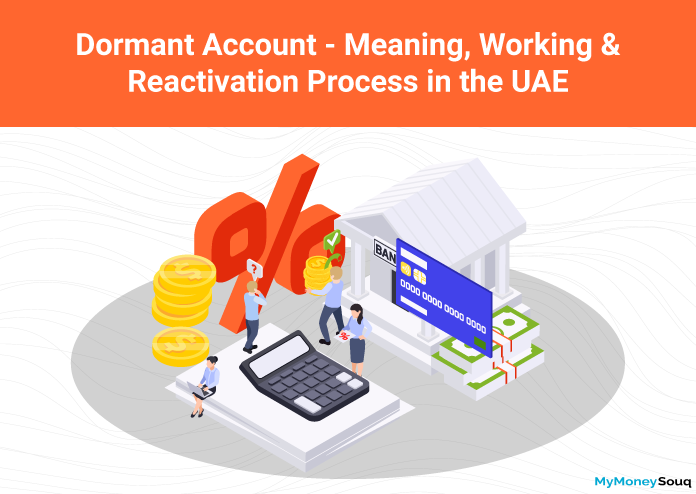The Savings Accounts or Current Accounts that we use come with certain responsibilities along with the benefits. A bank account should not be inactive for so long. There should be transactions happening every now and then if not regular. When there is no activity on a bank account for a longer period then the account is considered a Dormant Account. Once your account becomes dormant account then you’ll not be able to reactivate it on your own without a banking official intervention.
If the account holder doesn’t make use of the account at all like withdrawals, money transfers, logging into the account, contact the bank regarding the account, etc. is considered inactivity. In the case of a savings account, if there is any automatic interest rate deposited then it is not considered as an action. When there is no action from the account holder’s side on the account for an extended period of time which is one year from the date of the last transaction then the account is considered as a Dormant Account.
Check: How to close your UAE bank account from abroad
Dormant Account Regulation by Central Bank of UAE
According to the Central Bank of UAE, dormancy is considered from the customer’s level, not at the account level. This is applicable on all the accounts: Individual Savings Account, Call Account, Current Account, Corporate Savings/Call/ Current Account, Fixed Term Deposit Account, Redeemable Investment Accounts.
In the case of a fixed-term deposit account and investment accounts, if the customer does not renew their deposit nor claims it within 3 years from the date of maturity is considered a dormant account. Banks in UAE like Emirates NBD changes the account status to “Dormant” if the account is inactive for 1 year.
The banks contact the inactive account holders with 9 months of inactivity and give a time of 3 months. If there is no action taken place from the account holder over the 3 months grace period, then the account will be considered as a Dormant Account. Banks may close the account if the account is in dormancy for 5 years and move the available funds to the Central Bank of UAE.
How to Reactivate your Dormant Account in UAE?
As per the Central Bank of UAE, the account holder who wants to reactivate the dormant account can visit the bank branch with identity proofs like Emirates ID, Driving Licence, Passport, etc. which will confirm the identity of the account holder. Banks will verify the ID proofs and reactivate the account.
If the account holder wants to close the dormant account, the bank will pay the accrued interest (in the case of interest-bearing accounts) with the account balance (if any) to the customer and close the account. Banks in UAE are supposed to clear the dormant account payments in one month.
One important point to be noted is when the account reaches a dormant state there won’t be any interest generated on the account balance.
Joint Accounts – In the case of Joint Accounts, all the account holders should visit the bank with the UAE government-issued identity proofs.
Non-Resident Accounts – Non-Residents can contact the customer support of their bank and issue an official letter for the account reactivation.
What happens when you hold a Dormant Account in the UAE?
As the name itself suggests, a dormant account will be of no use. There can be no action take place like
- Can’t request a chequebook
- Can’t use the debit card related to the account
- Can’t make any changes to the account like address update
- Can’t withdraw the balance in the account
- Account status will be added to the credit report
Are Dormant Account and Frozen Account the same?
No. Dormant Account and Frozen Accounts are not the same. When there is no action on the account for a certain time period then it’s a Dormant Account. Whereas a frozen account is when the account is frozen by the bank official on purpose like a cheque bounce case or if the account holder filed for bankruptcy.
About the author
Nikitha is a Senior Analyst at MyMoneySouq.com. She has been writing about personal finance, credit cards, mortgage, and other personal finance products in the UAE. Her work on Mortgage loans has been featured by the GulfNews and other popular Financial Blogs in the UAE.


